Sri Lanka failing in good governance issues
Sri Lanka is miserably failing to restore the valiant democratic principles to create ‘good governance’ which was claimed to be achievable, at least when compared to India. This was clearly the view that emerged at a lively public discussion on ‘Assets Declaration as an Anti-Corruption Tool’ organised by the Transparency International Sri Lanka and held at the BMICH on Thursday.
At the discussion it came to light that out of the 225 parliamentarians only 10 of them have submitted their Assets and Liabilities Declaration. This was duly acknowledged at the event and of these 10 parliamentarians, five of them participated in this discussion.
It was also clear that the legislature itself could be seen as an obstacle to achieve the desired objectives of the law pertaining to this otherwise ‘unique’ piece of legislation. Though the declarations are obtained by the Elections Commission as per the law, they are kept ‘safe’ and seemingly withheld from entering the public domain. The matter was adequately discussed and was pointed out that the law was introduced in 1975.
M.A. Mohamed, a former Commissioner General of the Elections Commission, present at the discussion, indicated though this law was introduced in 1975, from Section 1 to 74 of that law was amended in 1992 and in that amendment, though the law provided that any person after paying a fee could obtain copies of this declaration, under Section 8 (1) of the amended law it provides that though one can obtain copies of the declaration, everyone is prohibited to publicize it and if so published the person is liable to commit a punishable offence.
Though the information must have to be in the public domain, this piece of draconian amendment curtails it getting into the public eye – a vitally important democratic principle as discussed.
He said that the hands of the Elections Commission are manacled by that piece of amendment and once if it is removed then everything is clear to open the public eye to this vital information.
Manjula Gajanayake, National Coordinator, Centre for Monitoring Election Violence, (CMEV) said that Transparency International called for the Declarations of the President and the Prime Minister through the Commission on the Right to Information and it was referred to courts and this request is pending there. He said that no former Presidents have submitted their declarations.
Maheshi Herat, Manager, Research and Policy, Transparency International, said that not only MPs and candidates have to submit the Assets Declarations but according to the law there are a whole lot of others who have to submit them, other than the ordinary people.
She said that apart from MPs and Ministers, the top notch public officials, trade union leaders, high officials of state corporations and high officials of companies that have major government shares and even the owners of newspapers and those on the editorial board are liable to submit these declarations.
Some of the parliamentarians also contributed their share of discussion on the issue. Some of them pointed out that there is a reluctance of declaring their assets and particularly them getting publicized as if the assets appeared to be massive and about the gems and jewellery of their spouses getting into the public eye, they would be in danger of being attacked them by robbers and criminals. The 2-hour long session also discussed many important aspects of this subject. (QP)
-
Still No Comments Posted.





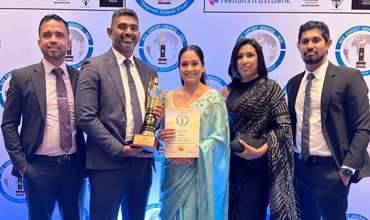


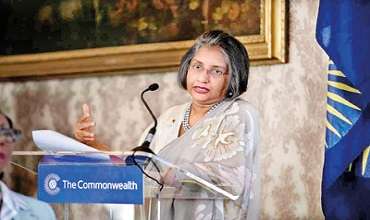
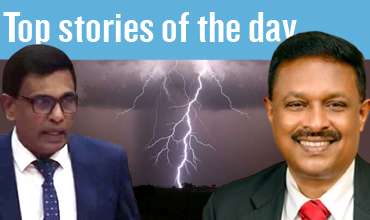

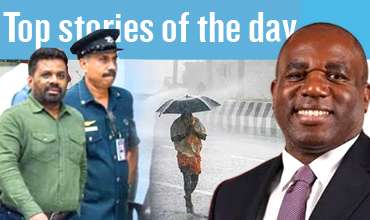
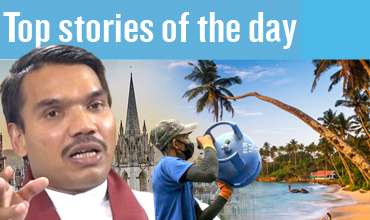
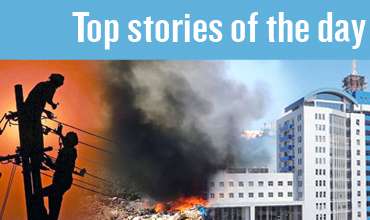
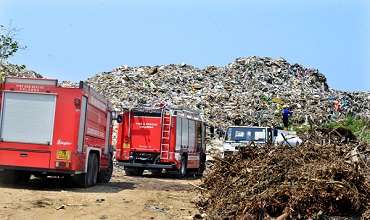
Leave Comments